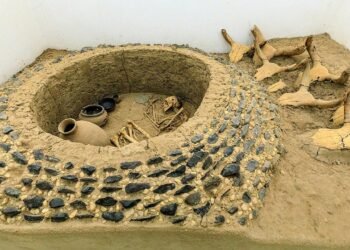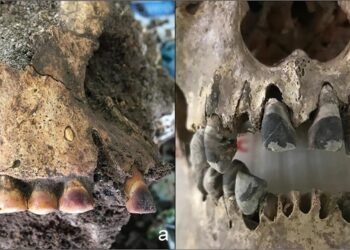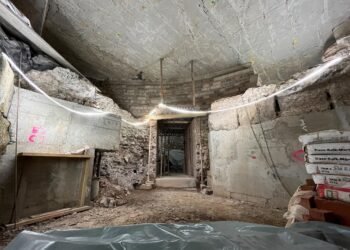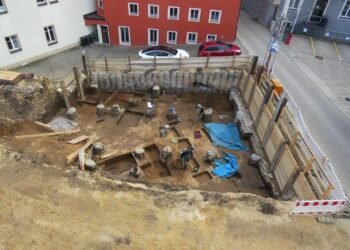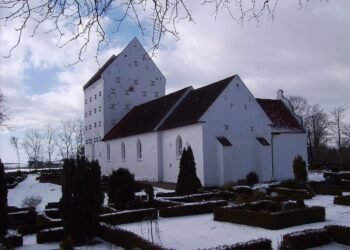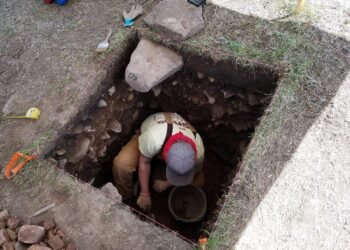The only known contemporary portrait of Constantine XI Palaiologos, the last emperor of the Byzantine Empire, has been unveiled in Greece. The portrait was uncovered during restoration work on frescoes at the Old Monastery of the Archangels in Aigialeia, located in the Achaea region of Western Greece. The fresco, dated to the mid-15th century, offers an invaluable glimpse into the appearance of the emperor who reigned from 1449 until his death during the fall of Constantinople in 1453.
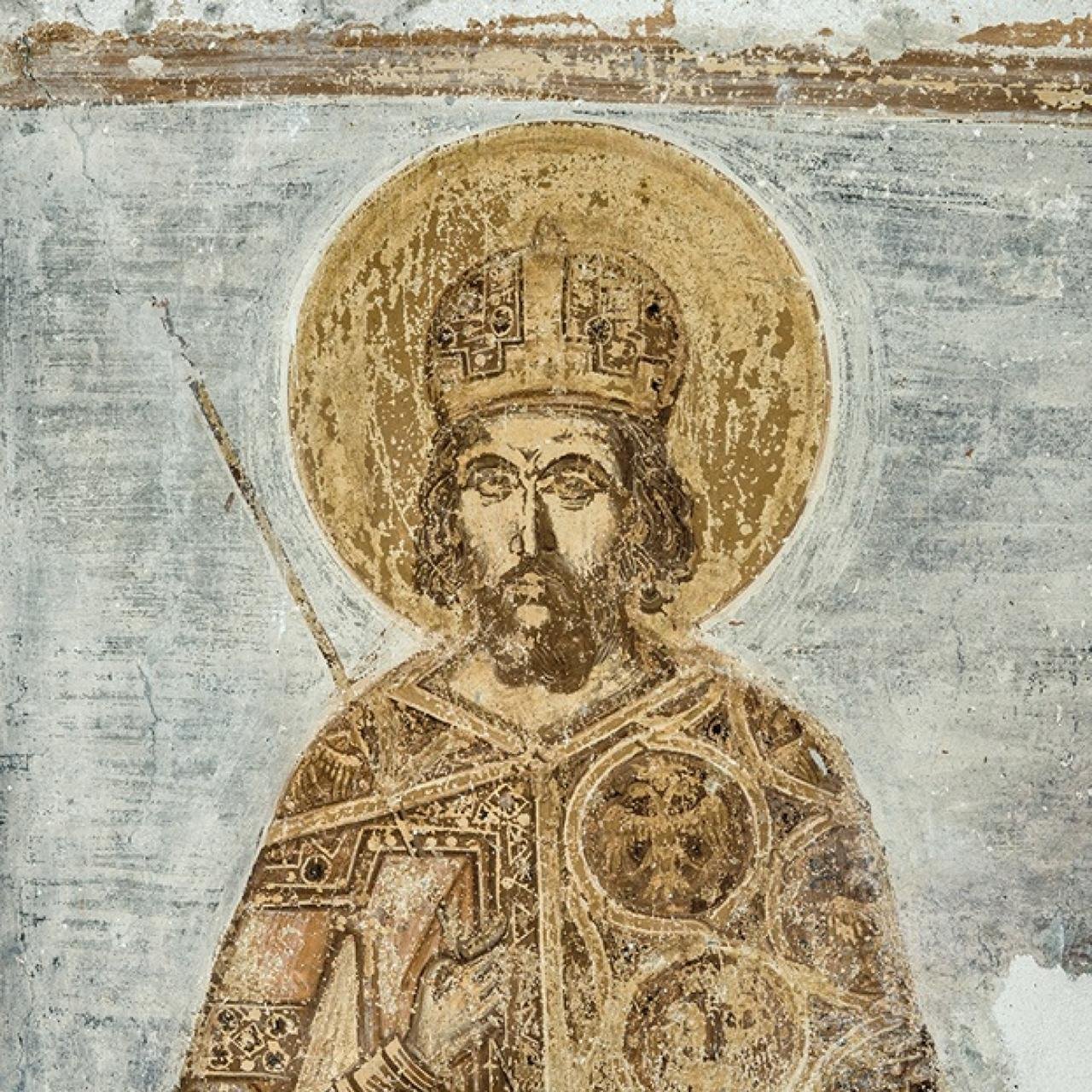
The portrait, which was found beneath another layer of frescoes, depicts Constantine XI dressed in imperial regalia, including a luxurious loros over a sakkos (a Byzantine robe) and a diadem crown. His gold-embroidered purple mantle, adorned with double-headed eagles—symbols of the Palaiologos dynasty—further confirms his royal status. Holding a cross-topped scepter, Constantine’s attire marks him unmistakably as an emperor.
The discovery was made by Dr. Anastasia Koumousi, the Director of the Ephorate of Antiquities of Achaia, who explained that the portrait was likely painted from life, rather than based on the traditional idealized imperial portraits of the time. According to Koumousi, “The painter must have rendered the portrait features from his own perception, meaning that his model was not an official imperial portrait, but the emperor himself.” This makes the fresco particularly significant, as it is the only surviving likeness of Constantine XI painted during his lifetime.
The fresco was found in the Katholikon, or main church, of the monastery, which was renovated through the patronage of Constantine’s brothers, Demetrios and Thomas Palaiologos. His brothers funded the monastery’s restoration following a civil war between them, a conflict resolved with Constantine’s arbitration.
The painting also provides a window into the final days of the Byzantine Empire. Constantine XI’s reign was marked by the empire’s decline, and his death during the fall of Constantinople to the Ottomans in 1453 marked the end of a centuries-old civilization.
More information: Greek Ministry of Culture and Sports



